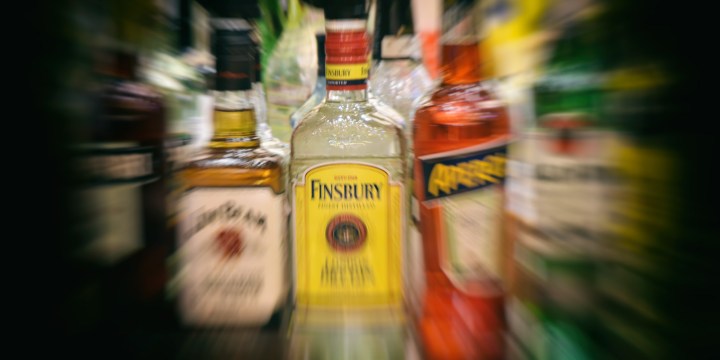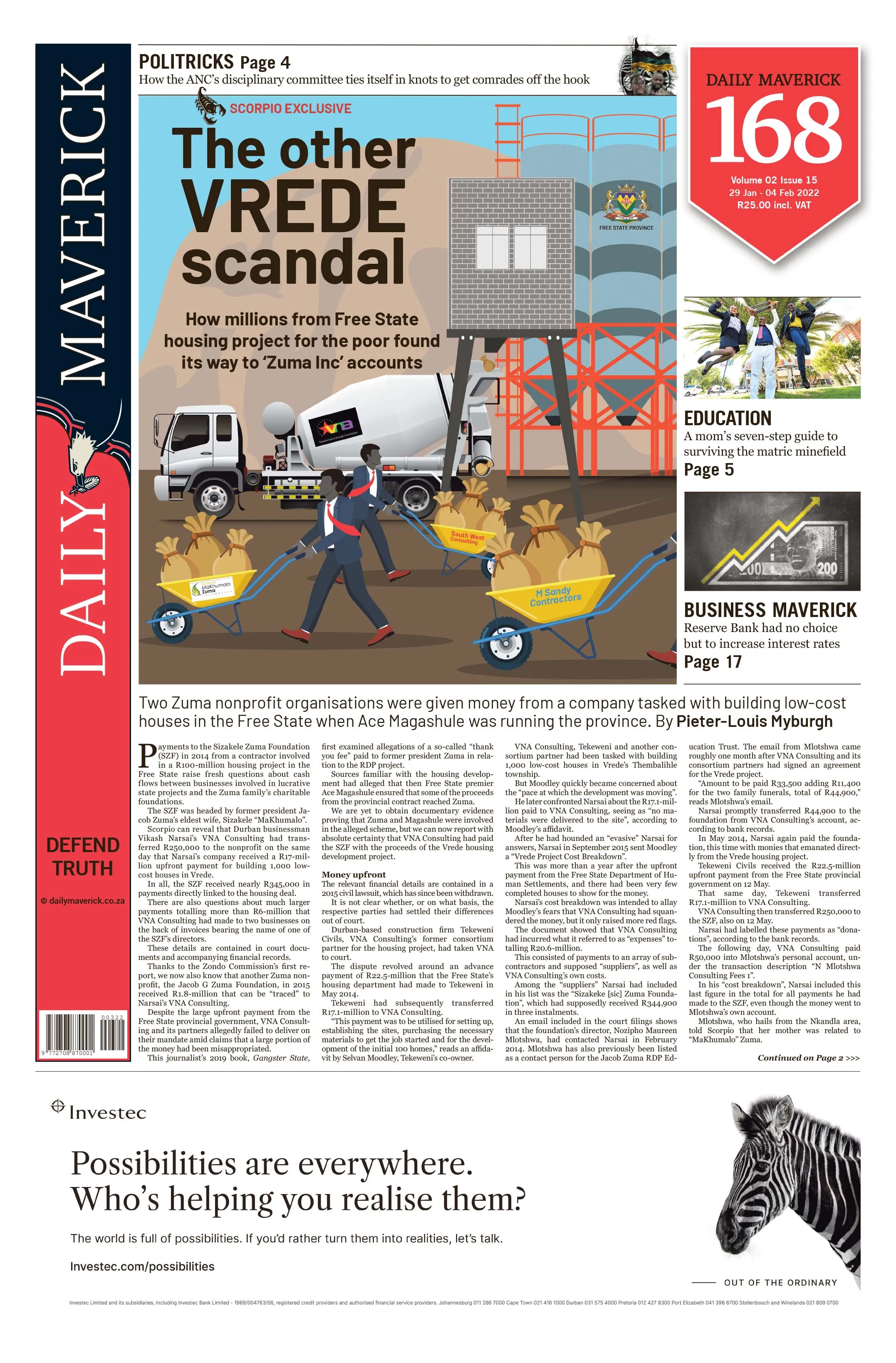ALCOHOL AS INVESTMENTS
Tips from the pros on how to keep your precious boozy assets liquid

Some good reasons to include alcohol in your financial portfolio – and how to keep it safe.
According to Whisky Invest Direct, there is no single industry benchmark for the pricing of whisky. However, Whisky Invest Direct calculates a whisky price index for grain whisky and for malt whisky separately. These whisky indices are expressed as the price of a notional, constantly fouryear-old whisky. A note on the site cautions that even if the index of four-year-old whisky prices decreases, it does not follow that the value of your whisky in the cask is also falling. “Your whisky is growing older in the cask whereas the whisky index estimates the average price of whiskies sold at four years old,” it says.
The Whisky Invest Direct site advises that the cash price for an eight-year-old Scotch whisky purchased new and sold each year of the decade from 2011 to 2020 shows average historical returns of 15.4% per year. With returns like that, alcohol could well be a worthwhile alternative investment to have in your portfolio, and wine can be just as lucrative as whisky.
Marcus Allen, director of business development at Cult Wines, says the Liv-ex Fine Wine 1000 index, the widest measure of the market, gained 16.51% to the end of November as the recovery that began in 2020 accelerated. Commenting on the outlook for 2022, he says that, within the fine wine market, a supply-demand imbalance should drive price appreciation into 2022.
“On the demand side, reopening hospitality sectors and high savings rates have sought spending outlets in recent months. Although this pent-up demand will gradually moderate, we don’t except a sharp drop as economic growth remains healthy. On the supply side, expectations of lower volumes hitting the market in upcoming vintages are fuelling the imbalance,” Allen says.
Investing via a platform
If you don’t have access to a private wine cellar to store your investment, you can invest in wines via platforms such as vinovest.co. These platforms allow you to invest from $1,000 and, while you own the bottles you buy, the platform or investment company provides the storage at a bonded warehouse, as well as insurance. Typically, alcohol is a long-term investment, with investment-grade wines, for example, taking 10 to 15 years to mature. Read the terms and conditions carefully if you choose to use such a platform, as there may be fees for “liquidating” your investments early. For example,
Vinovest charges a 3% early liquidation penalty if you choose to withdraw your funds within three years of your initial wine purchase. Similar to asset managers who manage your investment portfolios, wine investing platforms charge you management fees. This management fee covers insurance, storage, authentication and active management of your portfolio.
Fees are prorated across the year and only charged on the invested capital in your account.
Insuring your assets
“Wine and whisky are low-risk investments owing to the fact that they are asset-backed, but, with high-value collections continuing to fetch high prices, it pays to protect your valued investment,” cautions Tarina Vlok, managing director of Elite Risk Acceptances, a specialised wealth insurer and wholly owned subsidiary of Old Mutual Insure.
She says it makes sense if you are a wine or whisky investor with sizable collections to make sure your collections are adequately insured so that you protect the growing value of your investment.
Vlok had the following advice for aspiring alcohol investors:
Storage: Make sure that you store your wine or whisky collection correctly in a temperature-controlled environment, as this will determine the return you get for it. This will be a requirement for your insurance policy. “For example, unlike wine, which must be stored on its side to keep the cork moist, whisky must be stored standing upright. With both alcohols, sunlight must be avoided at all costs. It is important to note that insurance policies will not pay for gradual deterioration, such as the deterioration of the cork or evaporation,” she says.
Specialist coverage: You can get specific risk coverage for events such as power interruptions, especially if you do not have an inverter or a generator to keep your wine cellar cool during load shedding. Specialised insurance can also protect against accidental damage if there is breakage, spillage or faulty cellar equipment.
Values: As with all insured items, you should regularly review the sum at which the wine collection is insured, at least once a year. The replacement value of wine is influenced by various factors including exchange rates and global trends. “The price at which the wine was bought is not necessarily used to determine the replacement value, specifically because many investors pay inflated or record prices at auctions or events,” Vlok says. A professional wine assessor can help you to determine the value of your collection.
Unforeseen risks: Make sure your policy offers protection against unexpected risks such as theft. If, for example, a wine collection that cost you roughly R1-million to build up as a collection five years ago suffers accidental damage, it could well cost you double that to replace it now.
Fraud: Vlok says, although it is less common in SA, wine fraud can be a big pitfall for the investor. “There are many stories of wine collectors having unknowingly spent millions on counterfeit vintage wines, only to find out that their insurance policy didn’t cover them against this fraud,” she says.
Finally, despite the fact that wine and whisky are assets usually produced for consumption, mysterious overnight disappearances are not covered under specialised insurance policies, so best to keep them under lock and key … and away from curious teenagers.DM168

















Comments - Please login in order to comment.